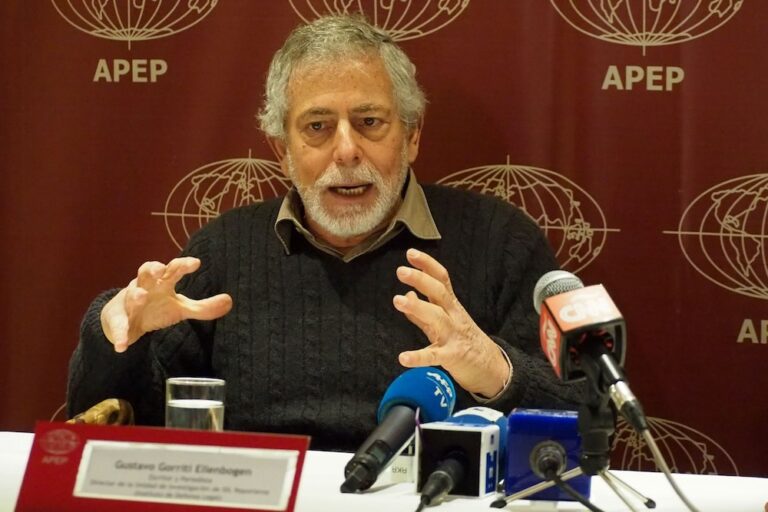(IPYS/IFEX) – On 15 October 1997, after more than five years, the “faceless courts” were officially disbanded. These tribunals, which dealt with terrorism charges, were made up of judges from diverse specializations, protected by a rigorous anonymity. In the next few days, according to statements from the Supreme Court of Peru, the redistribution of the […]
(IPYS/IFEX) – On 15 October 1997, after more than five years, the
“faceless courts” were officially disbanded. These tribunals,
which dealt with terrorism charges, were made up of judges from
diverse specializations, protected by a rigorous anonymity.
In the next few days, according to statements from the Supreme
Court of Peru, the redistribution of the cases in this class
where a decision is still pending to other criminal courts in the
capital. The end of the “faceless” courts was ordered last month
by the Ministry of Justice, since they had fulfilled the
objectives set out by the authorities. Also disbanded are the
anonymous courts of the Supreme Court which were established as
the final level at which cases of terrorism would be heard.
The “anonymous courts” were created in May of 1992 as a result of
the terrorist attacks at that time. Parallel to this decision,
more severe laws were put into place to confront crimes of
terrorism. The “anonymous courts,” reaffirmed spokespeople for
the Ministry of Justice, were made up not only of superior
criminal court judges but also of civil, military, agricultural
and even labor magistrates, with the aim of dealing with the
existing backlog of cases.
The two lower level courts exclusively for cases of terrorism
were never anonymous, so the identity of their judges were not
secret.
According to the calculations of the Supreme Court of Preu, the
“anonymous courts” heard around 3,000 terrorism trials during
their five years in operation. The president of this court,
Marcos Ibazeta, estimated that there are few remaining cases. In
Lima, there would be fewer than twenty which do not yet have
dates set for hearings, while in all Peru there shouldn’t be more
than fifty. The “anonymous courts” were instituted under Decree
25475, issued on 6 May 1992, which prevented the identification
of the judges.
Recommended Action
Send appeals to the authorities:
have been committed under the protection of anonymity or improper
charges.
Appeals To
Ing. Alberto Fujimori
President of the Republic
Palacio de Govierno
Plaza de Armas
Lima 1, Peru
Fax: +511 4266770Marcos Ibazeta
President of the Supreme Court of Peru
Lima, Peru
Fax: +511 426255
Please copy appeals to the source if possible.


